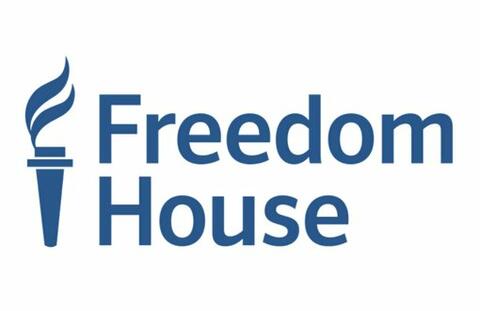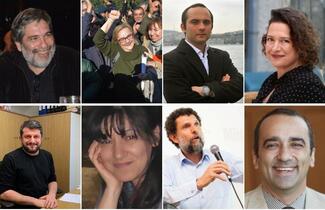
A new law, which ostensibly addresses terrorism financing, instead places onerous restrictions on civil society and threatens to silence its leaders through terrorism charges.
In response to the Turkish parliament’s adoption of a law allowing the Ministry of the Interior to replace and appoint the leaders of nongovernmental organizations (NGOs), Freedom House issued the following statement:
“This law will tighten government control over civil society organizations, further curtailing their freedom of association in an environment where the government already misuses antiterrorism legislation as an instrument of repression against legitimate civic actors,” said Marc Behrendt, director for Europe and Eurasia programs at Freedom House. “This law is chillingly similar to so-called ‘foreign agents’ legislation used in Russia and other measures used by repressive governments in the region to silence NGOs and strip away fundamental rights. We believe there is ample justification for the Turkish Constitutional Court to strike down this law, and we urge Turkish civil society and the international community to hold the Turkish government accountable to safeguard its commitments under the European Convention on Human Rights.”
Background:
On December 27th, the Turkish parliament passed the “Law on Preventing Financing of Proliferation of Weapons of Mass Destruction.” According to the ruling Justice and Development Party, the law is meant to ensure Turkish compliance with a UN Security Council counterterrorism resolution. However, only 6 of its 43 articles deal with the subject; the rest introduce restrictions and strict oversight rules affecting NGOs, business partnerships and associations, and fundraising. Under the new law, the Ministry of the Interior can replace the heads of NGOs who face terrorism charges, and can seek restrictions on the activities of those organizations in court; the government commonly uses terrorism charges to target and silence outspoken activists, journalists, scholars, artists, and lawyers. The law also allows for annual government inspections of foundations and particularly targets foreign organizations.
The Council of Europe, over 600 Turkish NGOs, and several international NGOs, including Human Rights Watch, PEN Norway, and Amnesty International, have criticized the law for restricting civic space and fundamental freedoms.
Turkey is rated Not Free in Freedom in the World 2020 and Not Free in Freedom on the Net 2020.
